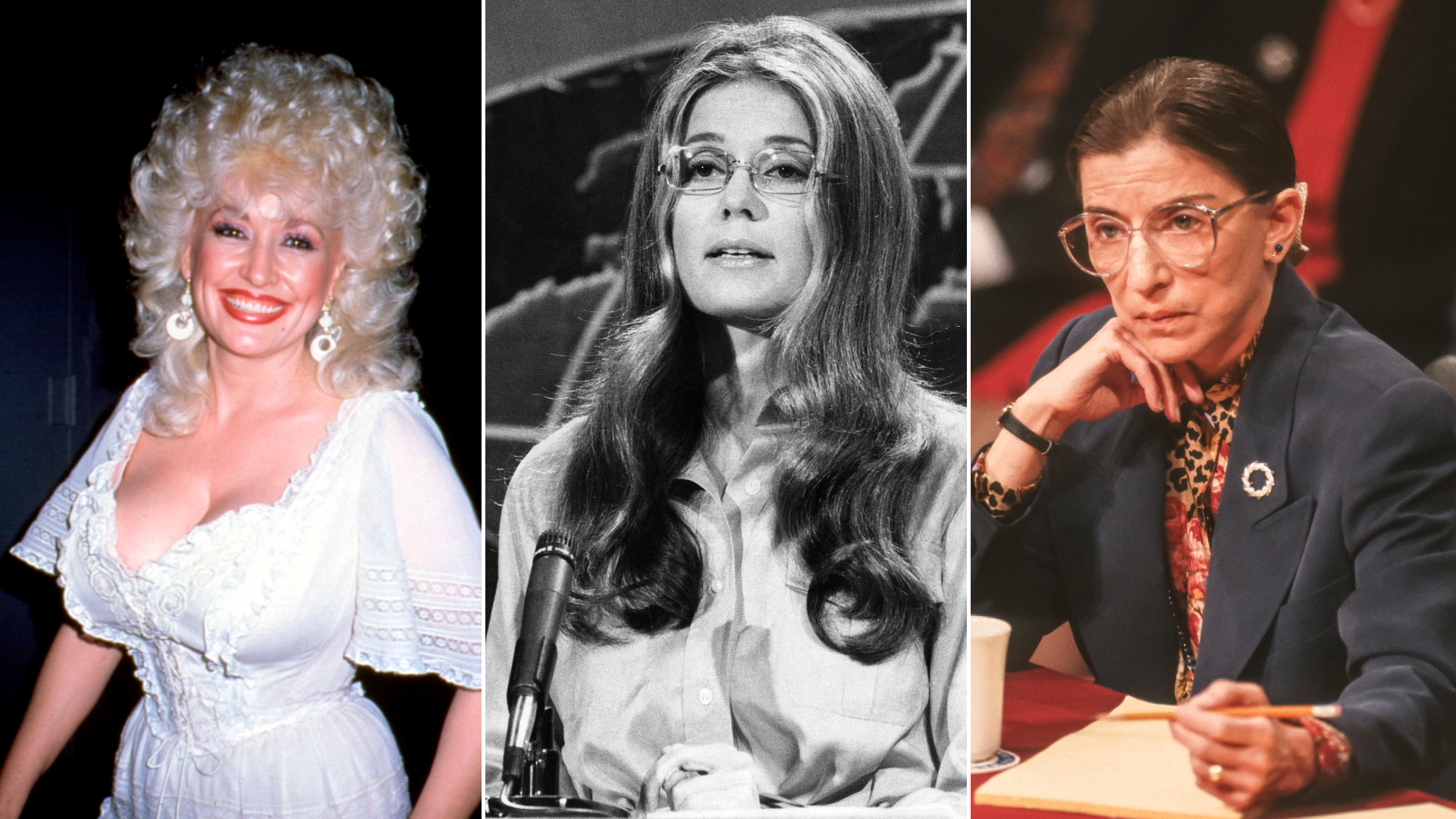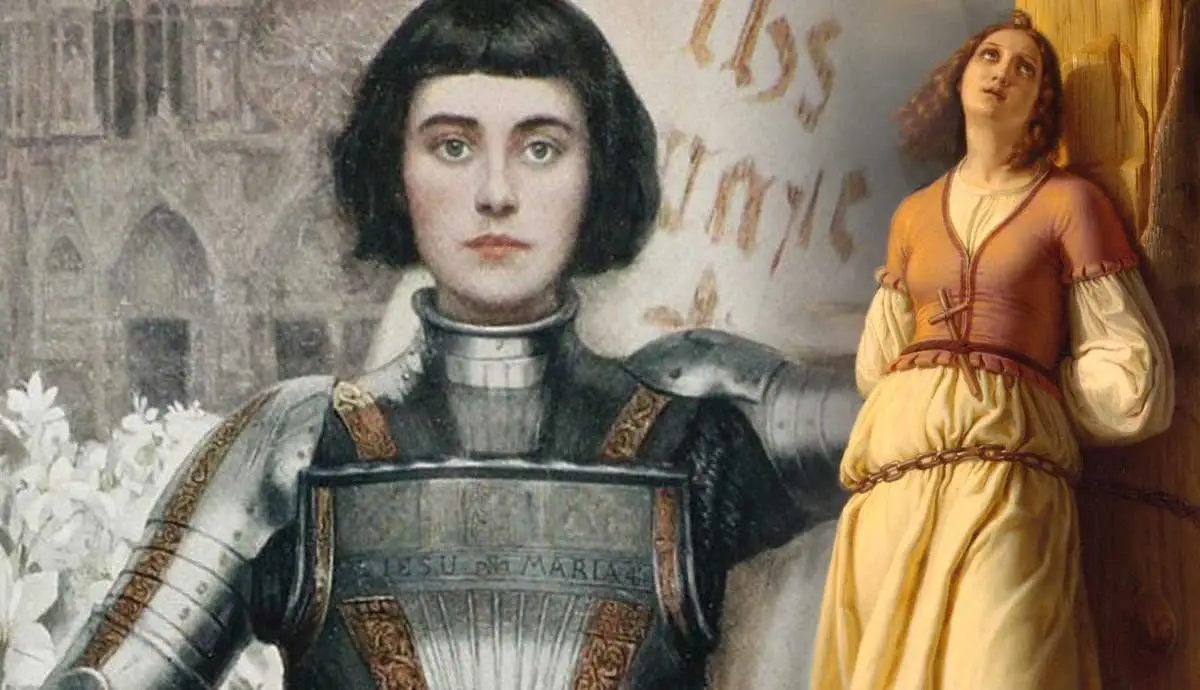
Throughout history, numerous female leaders have emerged as pivotal figures in shaping our world. These women have led nations, commanded armies, and championed social reforms, often in the face of daunting challenges. Their leadership and resilience have left indelible marks on the tapestry of history, serving as inspiration for generations. This article celebrates the lives and legacies of some of the most influential female leaders, from ancient empires and medieval battlefields to the halls of modern governance and the frontlines of social activism.
Empress Wu Zetian: China's Only Female Emperor
Empress Wu Zetian, ruling from 690 to 705 AD, stands as a singular figure in Chinese history as its only female emperor. Ascending to power in the Tang dynasty, Wu Zetian broke centuries of tradition and demonstrated unparalleled political acumen. Her reign was marked by the expansion of the Chinese empire, significant advancements in bureaucracy, and the promotion of capable officials regardless of their aristocratic status. Wu Zetian's legacy is a testament to her ability to wield power in a male-dominated society, proving her political skill and vision.
Cleopatra VII: The Last Pharaoh of Ancient Egypt
Cleopatra VII, the last active ruler of the Ptolemaic Kingdom of Egypt, was known for her intelligence, political savvy, and the dramatic narrative of her reign, which has captivated historians and artists alike. Cleopatra's alliances with Julius Caesar and later Mark Antony were as much political maneuvers as they were romantic liaisons, aimed at securing her throne and the independence of Egypt. Despite her eventual defeat and the annexation of Egypt by the Roman Empire, Cleopatra remains a symbol of cunning leadership and national pride.
Queen Elizabeth I: The Virgin Queen of England
Queen Elizabeth I, reigning from 1558 to 1603, was a pivotal figure in English history, overseeing the Elizabethan Era, a period of English renaissance in arts, literature, and global exploration. Her diplomatic strategies, particularly in dealing with the Spanish Armada, established England as a world power and began its colonial ventures. Elizabeth's reign also saw the consolidation of the Protestant Church of England, laying the foundations for modern British society. Her leadership style was characterized by shrewd political judgment and a strong sense of national identity.
Joan of Arc: The Maid of Orleans

Joan of Arc, a peasant girl living in medieval France, claimed divine guidance and led the French army to several important victories during the Hundred Years' War. Her actions were pivotal in lifting the siege of Orleans and crowning Charles VII as the King of France. Captured and burned at the stake by the English, Joan of Arc became a martyr and symbol of French unity and resistance. She was canonized as a saint in 1920, her legacy as a fearless leader and protector of her people enduring through the centuries.
Indira Gandhi: India's Iron Lady
Indira Gandhi, the first and, to date, only female Prime Minister of India, served from 1966 to 1977 and then again from 1980 until her assassination in 1984. Her tenure was marked by significant political and social changes in India, including the Green Revolution and the controversial Emergency period. Gandhi's leadership style was characterized by her decisive nature and her ability to make tough choices for the perceived betterment of her country, earning her the nickname "India's Iron Lady."
Margaret Thatcher: The Iron Lady of British Politics
Margaret Thatcher, the United Kingdom's first female Prime Minister, served from 1979 to 1990. Known as the "Iron Lady," Thatcher's policies transformed the British economy through deregulation, privatization of state-owned companies, and reducing the power of trade unions. Her tenure was marked by significant economic changes, the Falklands War, and a strong relationship with the United States. Thatcher's leadership style was divisive but undeniably impactful, leaving a lasting legacy on British politics and global relations.
Malala Yousafzai: Advocate for Girls' Education and Nobel Laureate
Malala Yousafzai, a Pakistani activist for female education, became the youngest Nobel Prize laureate in history, receiving the Nobel Peace Prize in 2014. Her advocacy began after the Taliban took control of her region and banned girls from attending school. Surviving an assassination attempt by the Taliban, Malala continued her campaign on the international stage, becoming a symbol of the fight for education rights for girls worldwide. Her foundation, the Malala Fund, works to ensure girls' access to free, safe, and quality education.
Celebrating the Contributions of Famous Female Leaders in History
The stories of these remarkable women underscore the diverse ways in which female leaders have influenced the course of history. From ancient rulers and queens to modern-day activists, these women have broken barriers, led nations, and championed causes that have reshaped our world. Their legacies remind us of the power of leadership and the enduring impact of advocating for change and justice. As we celebrate their contributions, we are reminded of the ongoing journey toward gender equality and the importance of lifting up female leaders in every sphere of life.
In conclusion, the lives of these famous female leaders illuminate the rich and varied contributions women have made to the fabric of global history. Their resilience, intelligence, and leadership have not only shaped their respective eras but continue to inspire future generations to strive for greatness, challenge societal norms, and lead with courage and conviction. These trailblazers, each in their unique way, have paved the way for women everywhere to imagine a world where leadership is defined by ability and vision, not gender.
